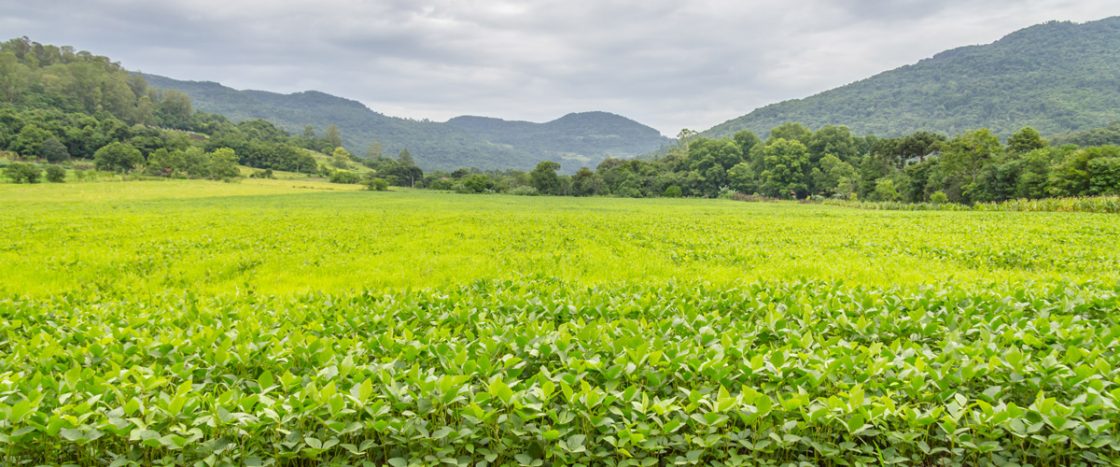
The UK processing industry doesn’t operate in a vacuum. While our activities are focused largely on supporting the UK’s cereal processing activities (feed milling, biomass, animal/pet food, distribution and handling) with machinery, spares, service, and support, raw materials such as soy for the feed sector are sourced globally, and news from international markets always grabs our attention.
A recent story about Cargill renewing its support for the Regenera Cerrado program in Brazil is a perfect example of a development thousands of miles away that has implications for our customers in the UK.
Cargill’s program focuses on regenerative agriculture practices for soybean (and corn) cultivation in Brazil’s vast Cerrado region, a critical global source of these commodities. The data from the 2023-24 season was encouraging: regenerative farming plots showed higher soybean yields during a drought-impacted year.
For UK feed millers, pet food manufacturers, and other processors who rely on this imported material, this result translates to two key areas of interest:
1. A More Reliable Supply Chain
Global commodity markets thrive on stability, and few things disrupt stability more than extreme weather. Regenerative practices appear to build greater resilience against drought, and a more stable, higher-yielding soy supply in Brazil helps mitigate one of the major external risks for UK processors: the volatility and price shocks that come from erratic harvests abroad. A stable supply helps our customers plan confidently for their production schedules and capital investments.
2. The Drive for Sustainable Sourcing
Our UK customers are committed to using materials that are Deforestation- and Conversion-Free (DCF). Investment in regenerative agriculture, like the work being done in the Cerrado, provides a tangible and verifiable mechanism for these large processors to meet their environmental pledges. For a UK brand, sourcing from a farm that can demonstrate positive environmental outcomes is fast becoming a commercial imperative.
While politics and farming practices are global, the impact hits the local processing facility. As an equipment supplier, we can’t help but ponder the technical consequences.
The transition to regenerative supply chains presents new technical considerations because these farming practices can subtly change the characteristics of the raw material, affecting parameters like kernel size, moisture content, or protein composition. This puts a spotlight on the performance and flexibility of our customers’ processing equipment.
To handle these new, certified, and potentially variable ingredients efficiently, our customers require highly precise and adaptable machinery, whether that’s a Schule cleaner, a Kahl pellet mill, or the custom material handling systems we supply.
Furthermore, achieving and proving sustainability claims mandates flawless traceability. The systems that move and store materials, including conveyors, silos, and routing, must be robustly auditable to ensure there is no cross-contamination between different ingredient streams, enabling processors to accurately track their DCF commitments.
The news from Brazil is a positive sign for climate-resilient farming, but for us at Turner Process Equipment, it’s a reminder that global trends quickly become local technical challenges.
We remain committed to helping our customers adapt their plants to be as robust and efficient as the resilient crops they are beginning to process.